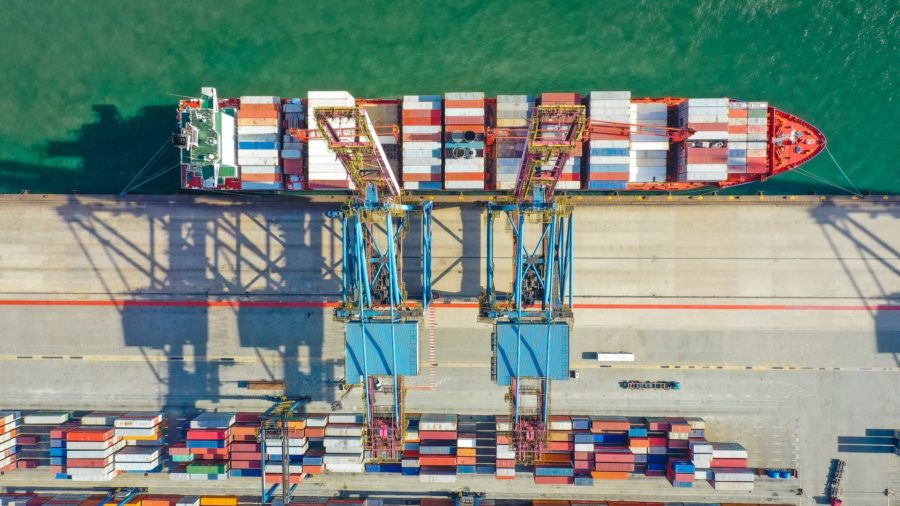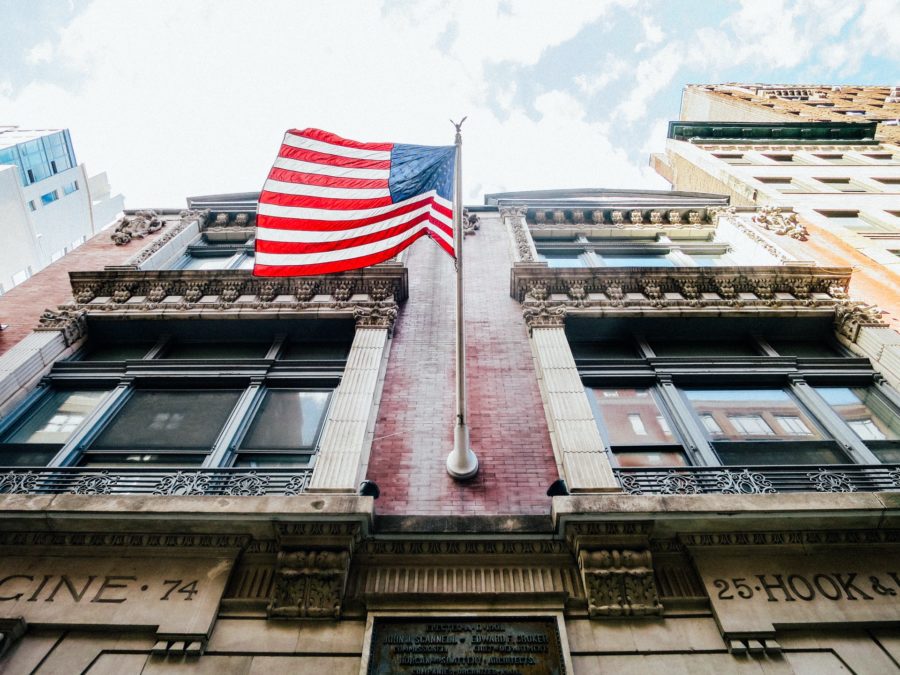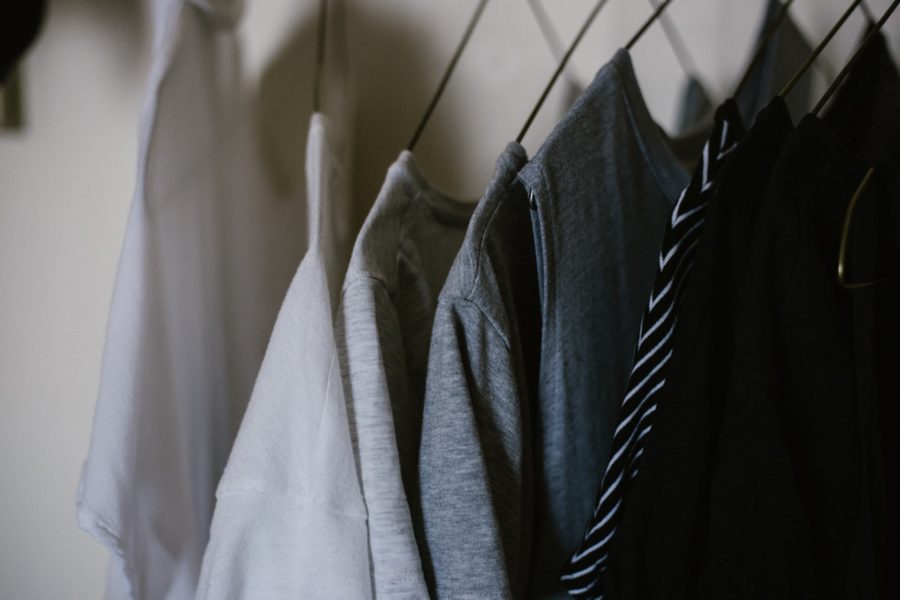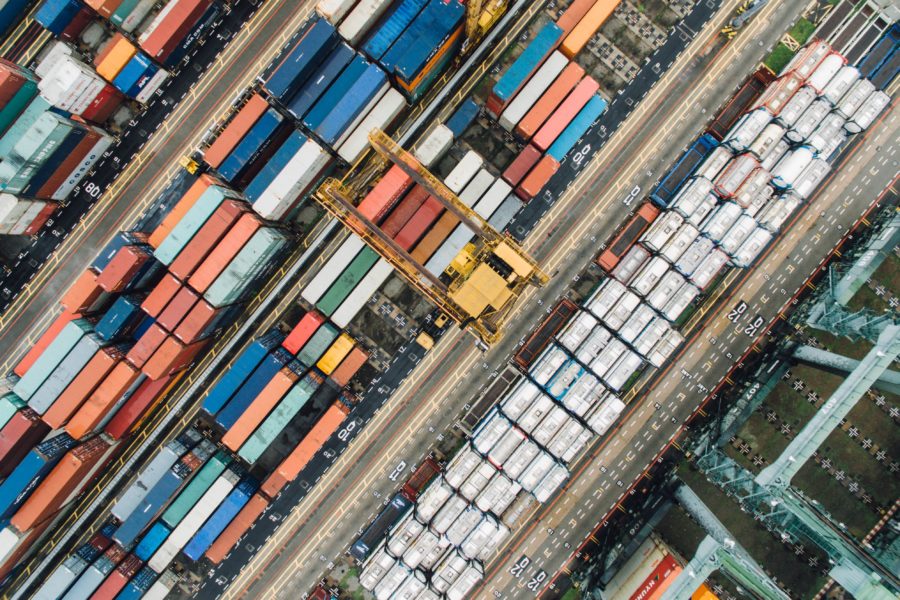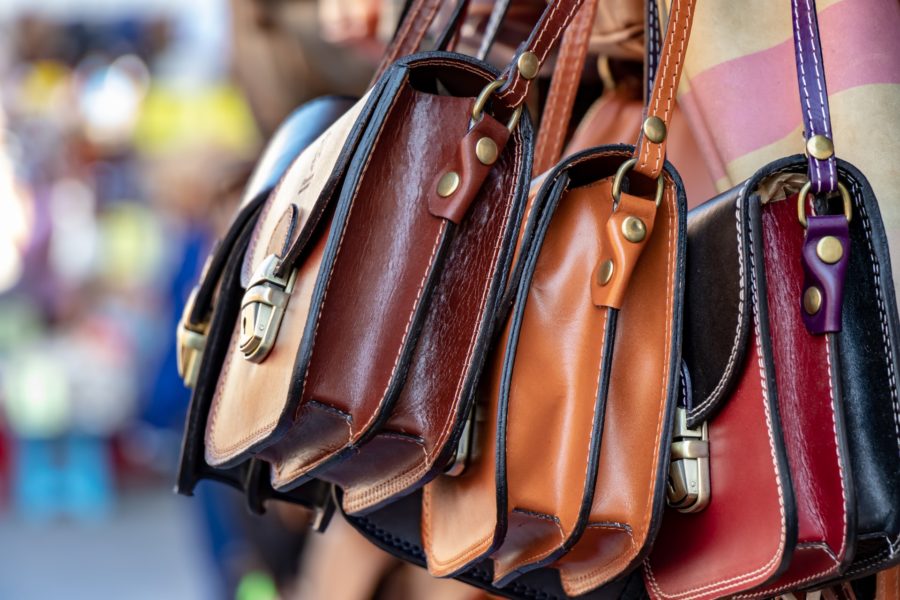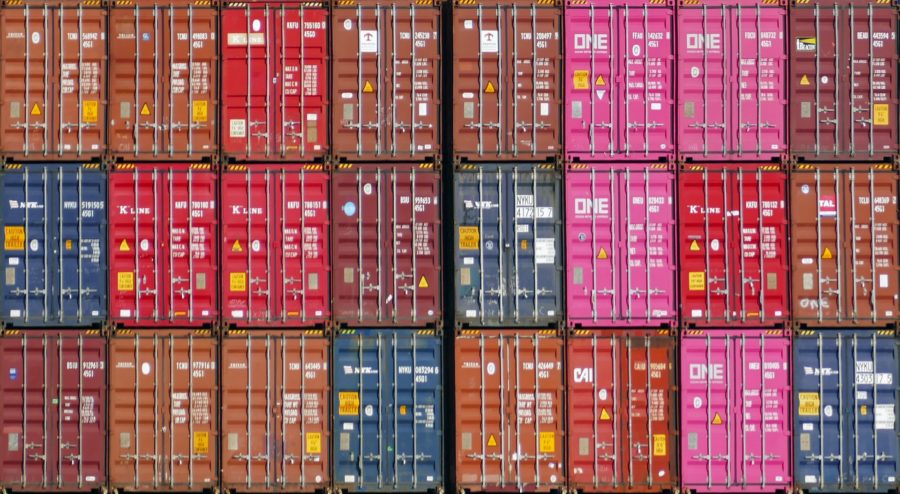January 27, 2021
Biden Cancels Keystone XL Permit

President Joe Biden formally has revoked a key permit for the proposed $8 billion Keystone XL pipeline.
Biden’s action was part of a series of executive orders on his first day in office that included revoking “permits signed over the past 4 years that do not serve the U.S. national interest, including revoking the Presidential permit granted to the Keystone XL pipeline.”
As a part of the broader climate order, the Biden administration wrote that the Keystone XL pipeline “disserves the U.S. national interest,” citing challenges surrounding climate and the pursuit of a clean energy economy.
In the order, the administration indicated that its analysis concluded that approval of Keystone XL would “undermine U.S. climate leadership” by undercutting the influence of the country on other nations to take climate action.
In a statement, Prime Minister Trudeau appeared to accept Biden’s long expected move. “While we welcome the President’s commitment to fight climate change, we are disappointed but acknowledge the President’s decision to fulfill his election campaign promise on Keystone XL,” he said.
In opposition, Alberta Premier Jason Kenney said in a statement “The government of Canada must impose meaningful trade and economic sanctions in response to defend our country’s vital economic interests,” Kenney told reporters Wednesday, adding that the province would take legal action if diplomatic efforts failed.
With this first move, many are wondering if this is setting the tone for Canada/U.S. trade relations moving forward.
(Source: Politico, CBC News)
